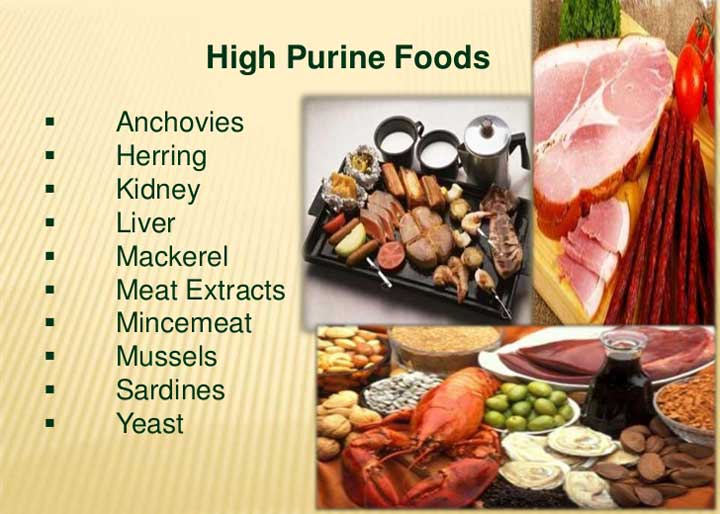Health
A Dietary Guide To Preventing The Onset Of Gout
One of the most common forms of arthritis is gout; it’s estimated that the condition affects 1 -2% of the entire world’s population. A person with gout typically has recurrent attacks of arthritis, commonly in their big toe. The joint that is attacked rapidly becomes red, tender and swollen.
Causes of Gout
Gout is caused when uric acid is crystallised in the blood. The hard crystals formed, collect in joints which cause pain and tenderness.

A variety of factors contribute to an onset of gout. Some place higher importance of genetics; three specific genes – SLC2A9, SLC22A12 and ABCG2 have been found to lead to a higher likelihood of developing the condition. An individual with obesity, hypertension and insulin resistance is also more likely to suffer from gout.
Additionally, various lifestyle factors have been linked to development of gout. Individuals who consume high amounts of alcohol, meat, seafood and fructose sweetened drinks are more susceptible to developing the condition.
Managing Gout By Managing Your Diet
By avoiding certain dietary habits and foods, you can minimise the risk of gout attacks.
Many experts suggest a low purine diet. Purines are components of food that get broken down into uric acid; eating less purine rich foods, therefore will prevent a built up of uric acid in your body and prevent inflammation.
Purine rich foods include bacon, oatmeal, legumes, sardines and anchovies as well as vegetables like spinach, peas and broccoli Avoid any organ meats such as liver, kidneys and brains as well as beer which has infamously high levels of purine.
Substitute these foods instead with low purine foods like tomatoes, fruits, dairy products, coffee, tea and a variety of nuts.
Additionally, an individual susceptible to gout attacks should drink plenty of fluids to flush excess uric acid naturally out of their bodies. Doctors may also recommend a weight loss regime, as gout can be aggravated by obesity. However, remember not to substitute a low calorie diet for physical exercise; since you’re already eliminating quite a few foods from your diet, you shouldn’t be further restricting yourself.
Follow these guidelines, along with medical recommendations to greatly reduce the onset of gout episodes.






















